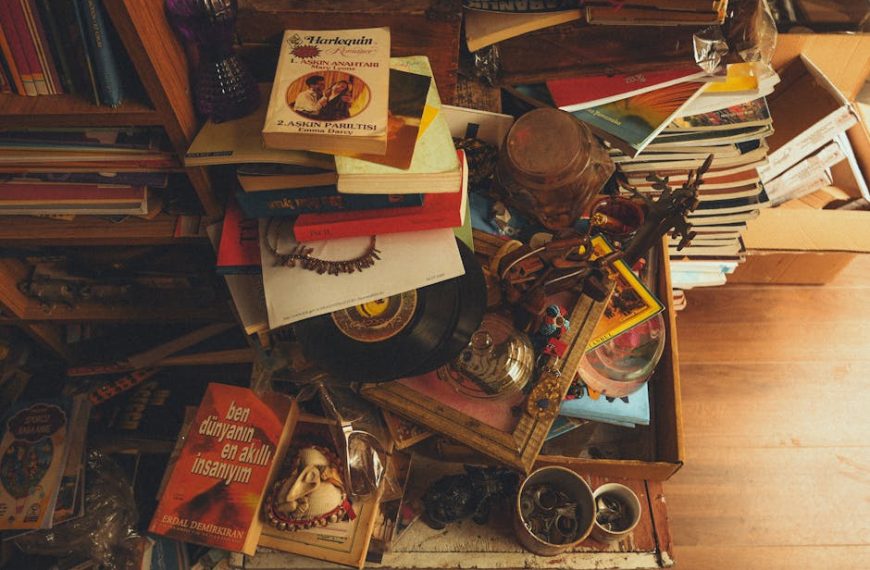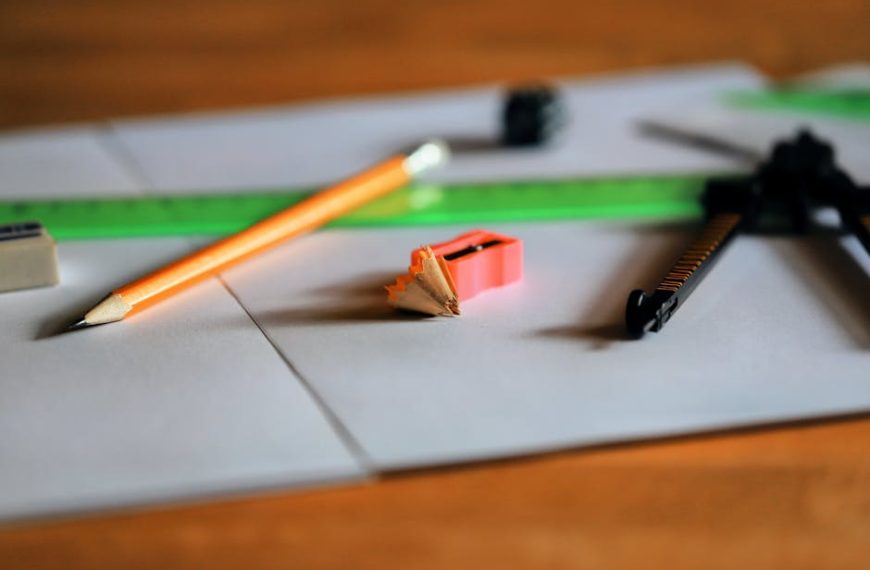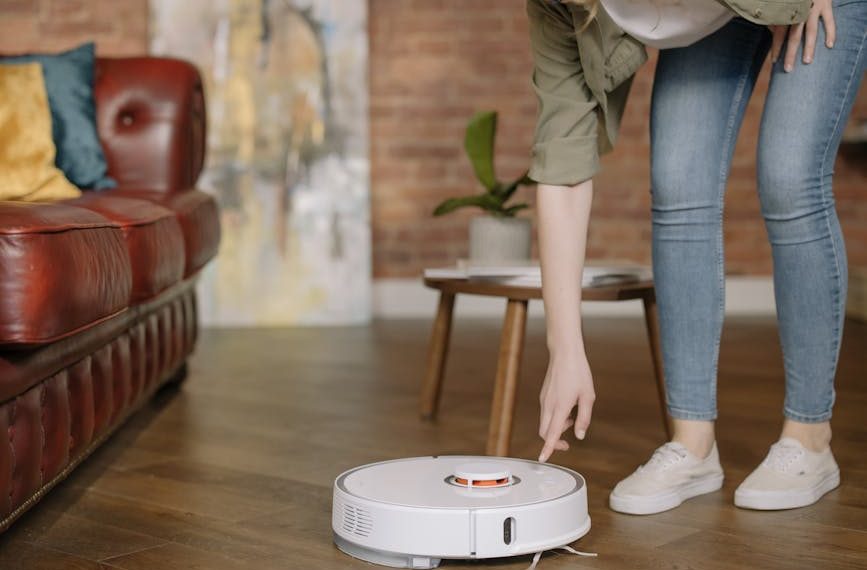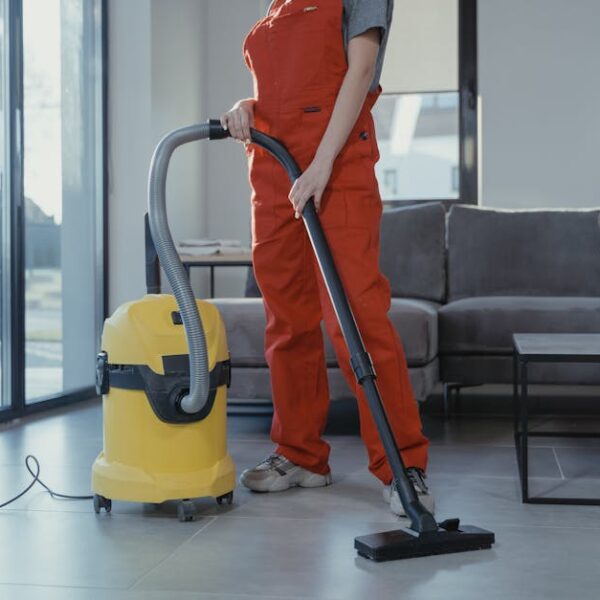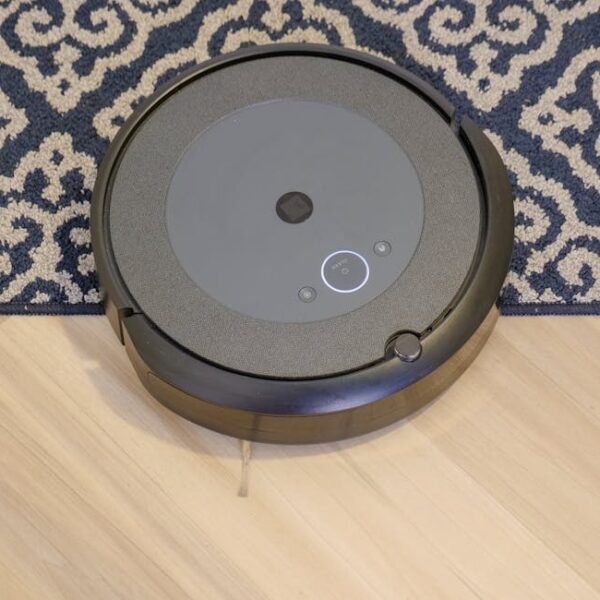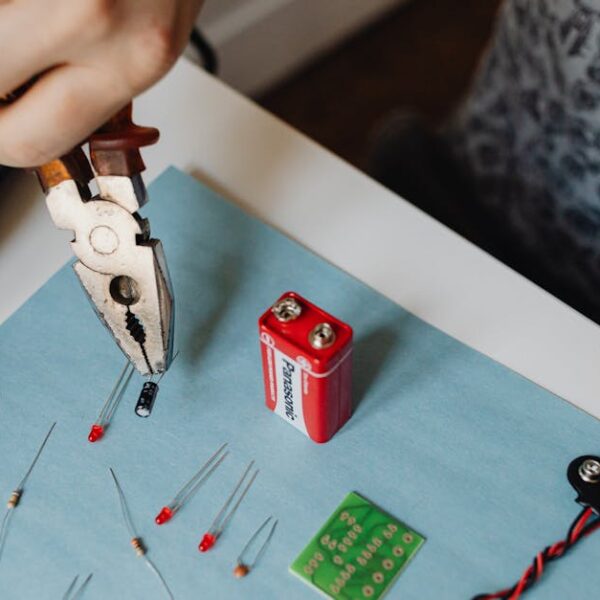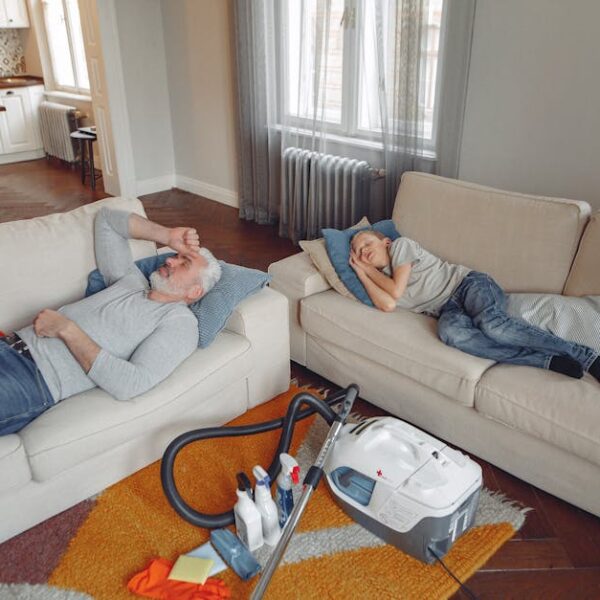We all rely heavily on our trusty vacuum cleaners to keep our surroundings clean and free from dust. So, when it suddenly stops working, it can quickly disrupt our cleaning routines and leave us wondering – why?
There are numerous reasons why your vacuum cleaner could have suddenly quit on you. Let’s break it down, so that you can quickly get back to your cleaning routine without missing any more dust bunnies.
Power Connection
As intuitive as it might seem, it’s always worth checking whether your vacuum cleaner is properly connected to a power source. This could potentially save you a lot of anxiety. Look out for warning signs such as the vacuum not getting power at all or erratic starts and stops.
➡️ Pro Tip: To check the power connection, ensure that the plug is properly secured in the wall outlet. If the issue persists, try connecting a different appliance to the same outlet to confirm it’s working correctly.
Full Vacuum Bag or Dust Container
A vacuum cleaner operates by pulling air (and the dust and debris in it) into a bag or dust container. If this bag or container becomes full, then the suction is hindered, and your vacuum may come to a sudden standstill.
Regular checks on your vacuum’s container is an easy way to avoid this issue. Remember, a cleaner with a nearly full bag will function less effectively compared to an empty one.
A simple workaround is to empty or replace these bags or containers regularly, depending on how much and often you use your vacuum cleaner.
Blocked or Congested Filter
The accompanying filters in your vacuum cleaner also play a crucial role in its operation. Over time, these filters can become blocked or congested, impacting the suction power and causing the vacuum cleaner to stop working. Periodically cleaning or replacing these filters could resolve such issues and enhance the performance and longevity of your cleaning tool.
Jammed Brush Roll
If you are still wondering why your vacuum has stopped, take a look at the brush roll, a common site of debris buildup. Items such as string, hair, or pet fur can get wrapped around the roll, preventing it from spinning and causing your vacuum to stop. Regular cleaning and detangling of the brush roll can help in keeping your vacuum up and running.
Overheating Vacuum
Just like any other electronic device, your vacuum cleaner too can overheat with extended usage, leading to sudden stoppages. Overheating often is a result of blocked filters or bag, leading to the motor getting stressed. The solution can be as simple as letting it rest for a while before you start vacuuming again, or it may need a proper clean-up.
Internal Mechanical Problems
If your vacuum cleaner is still not functioning and giving you cleaning woes, it is quite possible that the problem is internal and beyond the realms of a simple DIY fix. It’s always suggested to consult a professional or the manufacturer’s service center to troubleshoot and mend any mechanical faults. Regular preventive maintenance is key to avoid such issues.
Remember, a stitch in time saves nine. Regular maintenance and prompt addressing of minor snags will ensure your vacuum cleaner serves you reliably for longer. So, the next time your vacuum cleaner stops suddenly, don’t panic. Instead, go through this simple troubleshooting guide and you’ll likely find the solution right at your fingertips.
Conclusion
By using this practical guide, you can address and resolve common issues that may cause your vacuum cleaner to suddenly stop working. Remember that a well-maintained and regularly serviced appliance lasts longer and works better.
While simple issues like a plugged power connection, a full dust bag, a blocked filter, or a jammed brush roll can be quickly assessed and resolved by following the steps outlined above, more complex issues like overheating or internal mechanical problems may need professional assistance.
But before you pick up the phone to call a professional, try implementing the simple corrective measures we discussed – you may just save yourself time and money!
Finally, preventative regular checks and maintenance are your best defense against sudden vacuum cleaner faults and failures. Your trusty cleaning tool will continue to serve you well if you take good care of it and listen to what it’s trying to tell you!
The next time your vacuum cleaner suddenly stops, don’t worry – you’ve now got the practical knowledge you need to troubleshoot and resolve the issue. Happy vacuuming!
Key Takeaway:
- Power connection issues, such as a loose plug or faulty outlet, can be a reason why your vacuum cleaner stops working.
- A full bag or dust container can hinder the suction power, causing the vacuum cleaner to stop.
- A blocked or congested filter can impact the vacuum cleaner’s operation and may lead it to stop working.
- Debris, like string or hair, can jam the brush roll and halt the vacuum cleaner.
- Overheating resulting from extended usage or blocked parts can be a cause of abrupt stoppage.
- Sometimes, internal mechanical problems can cause your vacuum cleaner to stop working, requiring professional assistance.
While a malfunctioning vacuum cleaner can be a cause for concern, remember that most issues can be easily rectified with some basic troubleshooting. Regular maintenance and checks can help prevent these problems from occurring. With the right care, your vacuum cleaner will continue to serve you reliably for a long time.
What Should I Check if My Vacuum Cleaner Stops Working and the Dyson Light is Flashing?
When your vacuum cleaner stops working and the Dyson light is flashing, it’s crucial to act quickly. First, check for blockages in the hose or brush bar. Next, inspect the filter for clogs and ensure it’s clean. For additional guidance, consult the dyson flashing blue light troubleshooting tips to identify other potential issues.
FAQs
Q: Is it safe to check for power connection issues myself?
A: Yes, it’s safe to perform basic checks for power connection issues. Ensure the vacuum cleaner is unplugged before inspecting the cord or plug.
Q: How often should I replace or empty the vacuum cleaner bag or dust container?
A: The frequency depends on how much you use your vacuum cleaner. However, as a general rule, it’s good to replace or empty the bag or container when it’s about 2/3 full.
Q: How often should vacuum filters be replaced?
A: This may vary depending on your vacuum model and usage. However, for optimal performance, it’s generally recommended to replace filters every 6 to 9 months.
Q: Do all vacuum cleaners have brush rolls?
A: Most upright and canister vacuums have brush rolls. However, some vacuums, like handheld or robotic models, may not have them.
Q: Can I prevent my vacuum cleaner from overheating?
A: Yes, preventing your vacuum cleaner from overheating involves regular maintenance like keeping the filters and bag clear of blockages and not overusing the appliance.
Feel free to share this article and explore more posts on vacuum cleaner care and maintenance on our website. We’re here to help you keep your home clean and tidy!


